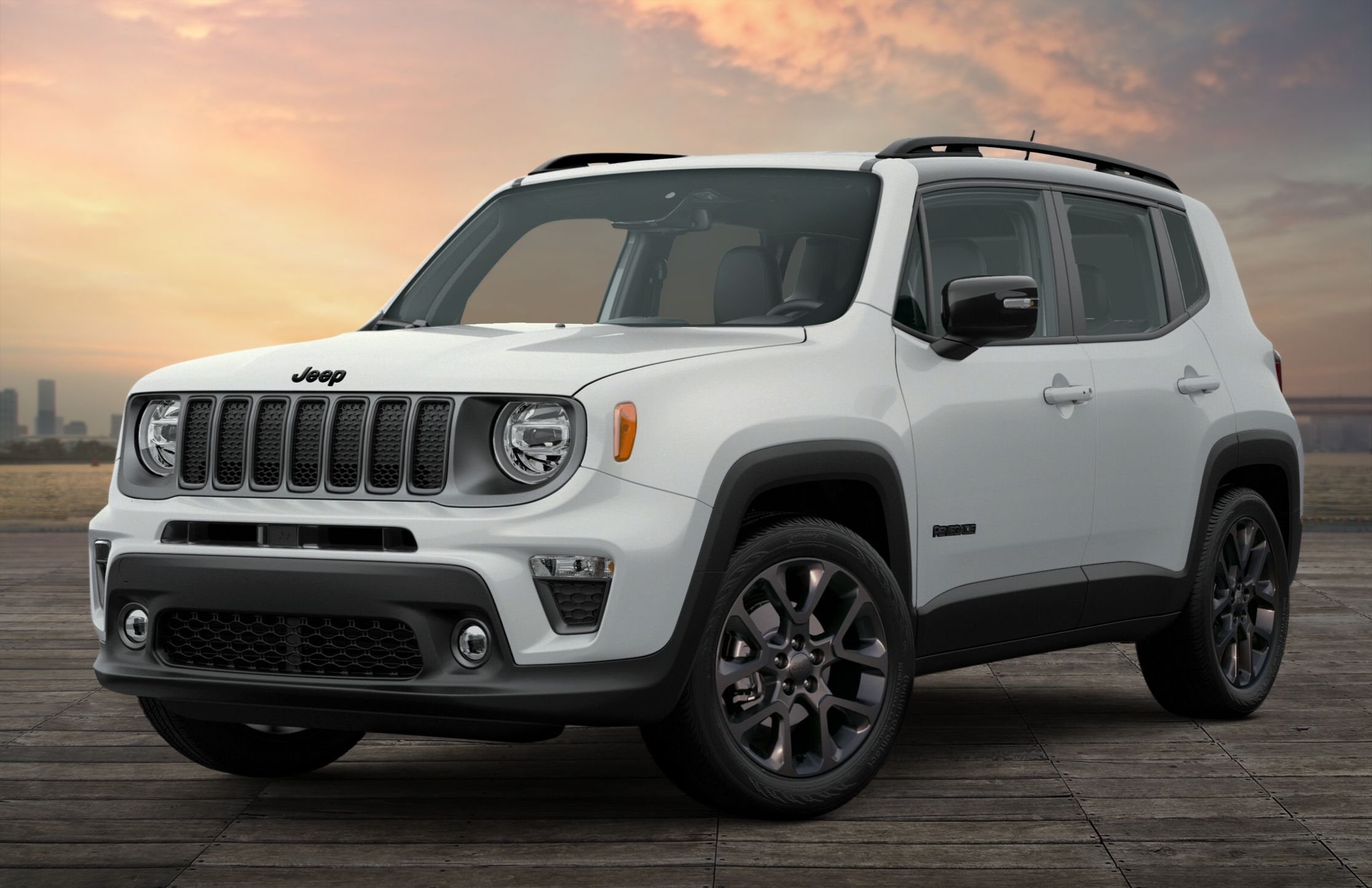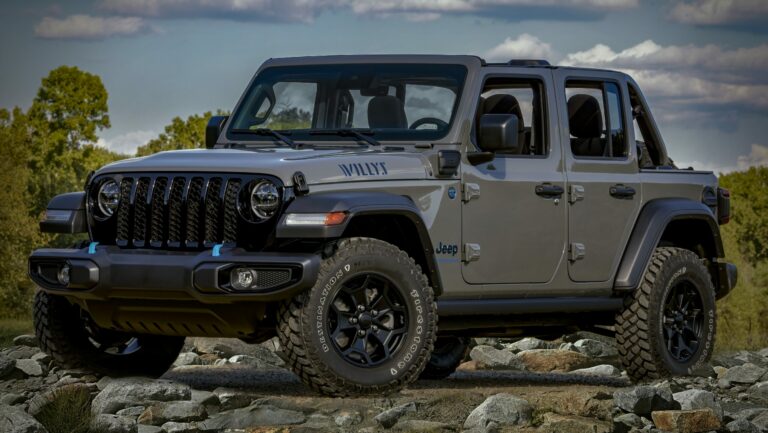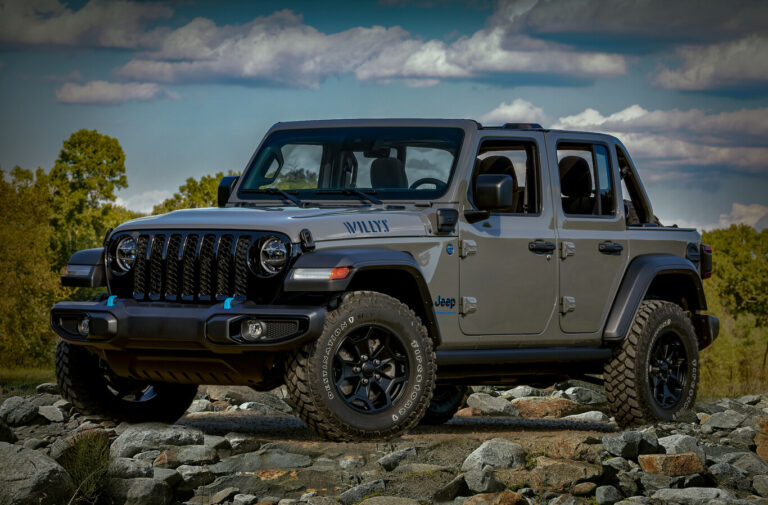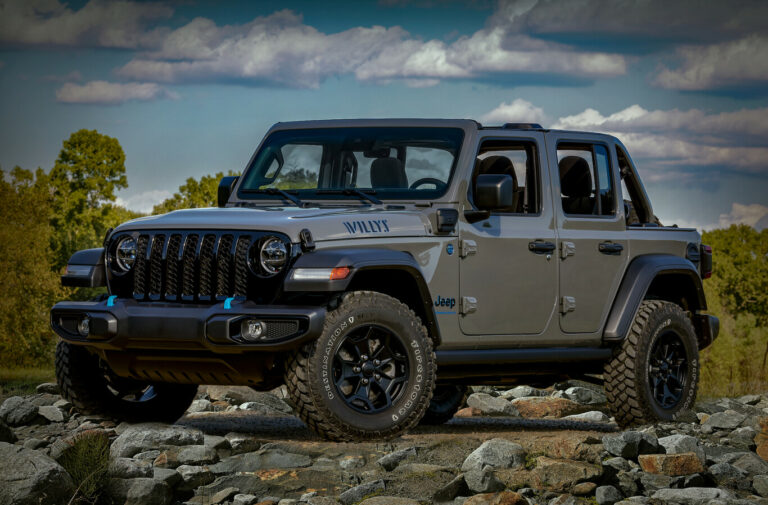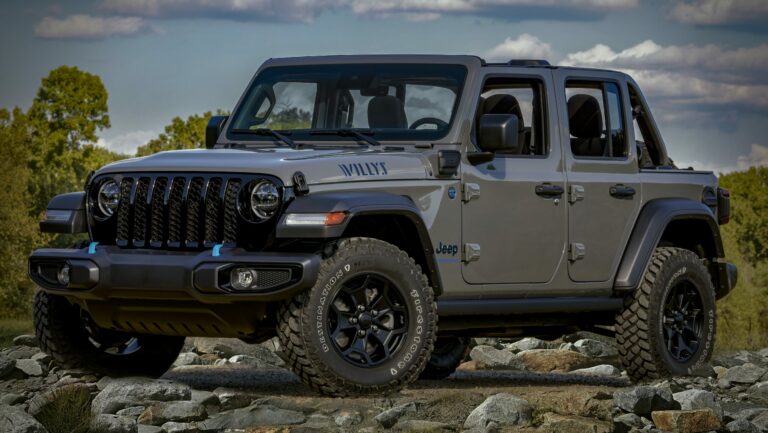Jeep Tent Trailer For Sale: Your Ultimate Guide to Off-Road Camping Adventures
Jeep Tent Trailer For Sale: Your Ultimate Guide to Off-Road Camping Adventures jeeps.truckstrend.com
The call of the wild is undeniable for many, especially those who embrace the rugged spirit of a Jeep. But while a ground tent offers a raw connection to nature, it often sacrifices comfort and convenience. Enter the Jeep Tent Trailer – a specialized category of off-road capable camping trailers designed to complement the adventurous lifestyle of Jeep owners and outdoor enthusiasts. More than just a traditional pop-up, these trailers are built to conquer challenging terrains, offering a comfortable and elevated sleeping solution, along with organized storage for all your gear, wherever your Jeep can take you.
This comprehensive guide will delve into every aspect of finding, buying, and owning a Jeep Tent Trailer, helping you navigate the market and make an informed decision for your next overlanding or camping adventure.
Jeep Tent Trailer For Sale: Your Ultimate Guide to Off-Road Camping Adventures
What Exactly is a Jeep Tent Trailer?
At its core, a Jeep Tent Trailer is an off-road utility trailer with a tent system integrated onto its frame. Unlike standard pop-up campers or travel trailers, these units are specifically engineered for durability and maneuverability on unpaved roads, rocky trails, and uneven terrain. While not exclusively branded "Jeep," the term has become synonymous with their rugged nature, as they share the same DNA of exploration and resilience that defines the iconic vehicle.
Key characteristics that set them apart include:
- Robust Chassis and Frame: Typically constructed from heavy-duty steel, often galvanized or powder-coated for corrosion resistance.
- Off-Road Suspension: Featuring independent coil-spring or trailing-arm suspension systems, often with long-travel shocks, designed to absorb significant impacts and maintain stability over rough ground.
- High Ground Clearance: Essential for clearing obstacles and navigating deep ruts.
- All-Terrain Tires and Wheels: Often matching the bolt pattern and size of common Jeep vehicles, allowing for spares interchangeability.
- Integrated Tent System: Ranging from rooftop tents mounted on a trailer platform to larger, more elaborate canvas or soft-sided tents that unfold to create extensive living spaces, sometimes with annex rooms.
- Utility Focus: Many include built-in storage, slide-out kitchens, water tanks, and battery systems, transforming a simple trailer into a self-contained basecamp.

They bridge the gap between primitive tent camping and full-blown RVing, offering a blend of minimalist adventure with essential comforts.

Why Choose a Jeep Tent Trailer? Benefits for the Adventurer
The allure of a Jeep Tent Trailer lies in its unique combination of benefits, making it an ideal choice for specific types of outdoor enthusiasts:
- Unparalleled Off-Road Capability: This is their primary advantage. With robust construction and advanced suspension, these trailers can follow your Jeep deep into remote wilderness, accessing pristine campsites unreachable by traditional RVs.
- Lightweight and Towable: Compared to hard-sided travel trailers, tent trailers are significantly lighter. This makes them easier to tow, especially for Jeeps which, while capable, often have lower towing capacities than larger trucks. Their lighter footprint also means less fuel consumption.
- Enhanced Comfort and Shelter: Elevating you off the cold, damp ground, these trailers provide a dry, secure, and often more spacious sleeping environment than a ground tent. The sturdy tent materials offer superior protection from wind, rain, and insects, ensuring a better night’s sleep.
- Organized Storage and Convenience: Most models incorporate dedicated storage compartments for camping gear, recovery equipment, and personal belongings. Many feature integrated kitchenettes with sinks, stoves, and refrigerators, making meal prep in the outdoors a breeze. Onboard water and power systems add to self-sufficiency.
- Quick and Relatively Easy Setup: While varying by model, many modern tent trailers are designed for rapid deployment. With a bit of practice, you can often have your sleeping quarters and basic camp set up in minutes, leaving more time for exploration.
- Versatility and Modularity: Many manufacturers offer modular designs, allowing you to customize your setup with optional add-ons like annex rooms, awnings, roof racks for kayaks or bikes, and various storage solutions to suit different trip needs.
- Cost-Effectiveness (Compared to RVs): While a significant investment, a Jeep Tent Trailer is generally more affordable to purchase and maintain than a full-size travel trailer or motorhome, offering an excellent balance of capability and value.
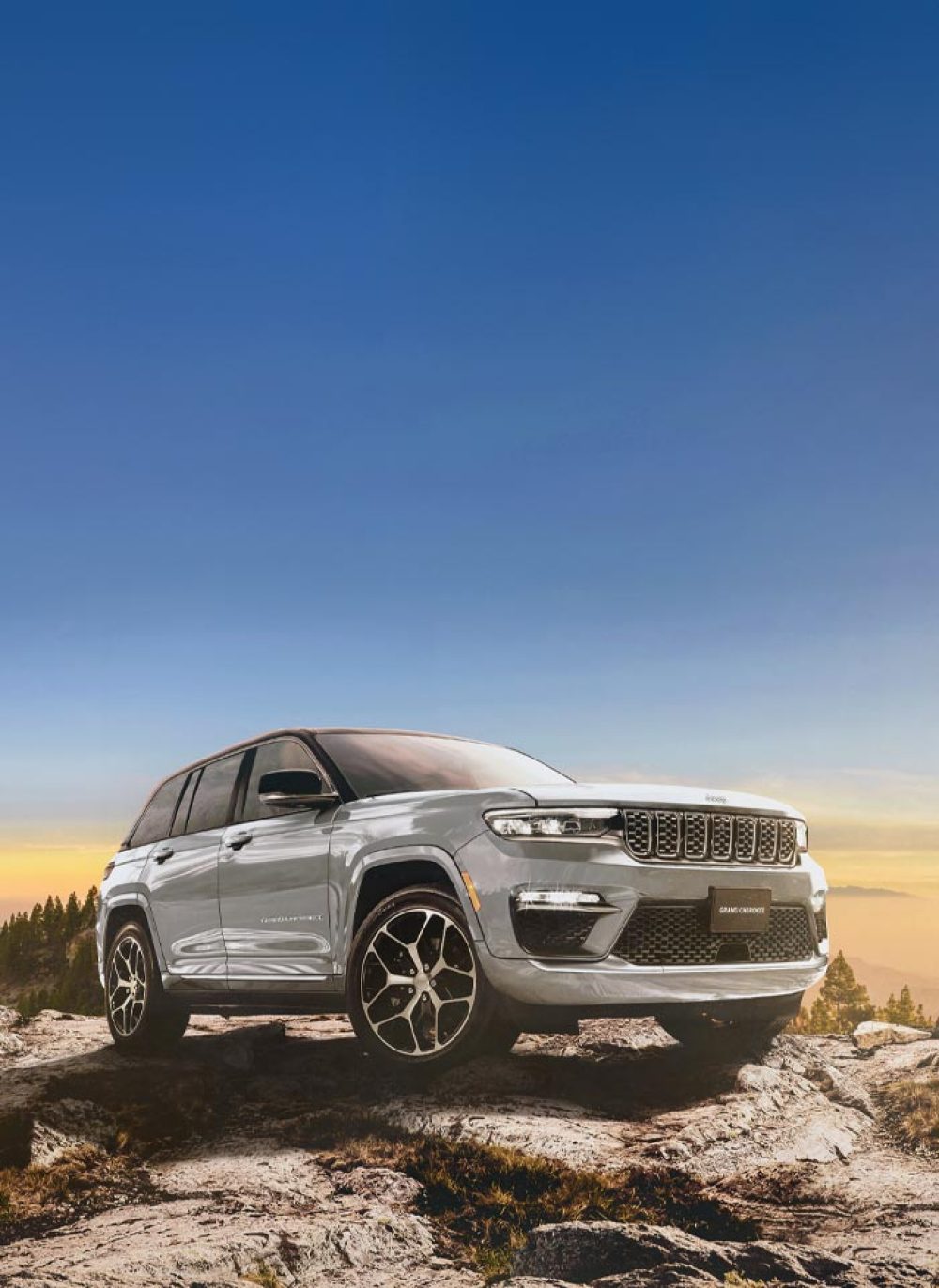
Key Features to Look For When Buying a Jeep Tent Trailer
When you’re in the market for a Jeep Tent Trailer, understanding the critical features will help you identify the best fit for your adventures and budget:
- Suspension System: Look for independent suspension (e.g., Timbren Axle-less, Cruisemaster, or similar off-road specific systems) for superior articulation and smoother towing over rough terrain. Leaf springs are simpler but offer less performance off-road.
- Chassis and Frame Material: A fully welded, heavy-duty steel frame (often galvanized or powder-coated) is crucial for durability. Inspect for rust, cracks, or repairs, especially on used models.
- Tires and Wheels: All-terrain (AT) or mud-terrain (MT) tires are essential. Consider if the wheels match your Jeep’s bolt pattern and tire size, allowing for common spare tires.
- Ground Clearance and Breakover Angle: Crucial metrics for off-road performance. Higher clearance means fewer scrapes on obstacles.
- Articulation Hitch: A proper off-road hitch (like a Max Coupler, Lock N Roll, or articulating pintle hitch) is vital. It allows for full 360-degree rotation and articulation, preventing trailer rollovers on uneven terrain, unlike standard ball hitches.
- Water and Power Systems: Check for onboard fresh water tanks, water pumps, and a robust battery system (lithium is preferred for weight and longevity) with charging capabilities (solar input, DC-DC charger).
- Kitchen and Storage Solutions: Are there slide-out kitchens with a stove, sink, and prep space? How much usable storage is there, and is it easily accessible? Consider dedicated spots for coolers or fridges.
- Tent Quality and Design: Evaluate the tent material (heavy-duty canvas, ripstop nylon), ease of deployment, sleeping capacity, ventilation options, and the presence of an annex or awning for additional living space. Is it waterproof and durable?
- Overall Build Quality: Look for attention to detail in welding, wiring, plumbing, and component integration. Reputable brands often have better build quality.
The Buying Process: New vs. Used Jeep Tent Trailers
Deciding between a new or used Jeep Tent Trailer involves weighing several factors, each with its own set of pros and cons.
Buying New:
- Pros: Full manufacturer warranty, latest features and technology, ability to customize options, pristine condition, peace of mind.
- Cons: Higher initial cost, immediate depreciation, potentially longer wait times for delivery.
- Where to Look: Manufacturer websites, authorized dealerships, RV and overland shows.
Buying Used:
- Pros: Significant cost savings, immediate availability, often includes aftermarket upgrades, proven track record (if well-maintained).
- Cons: No warranty (or limited), potential for hidden issues, wear and tear, previous owner’s modifications might not suit your needs.
- Where to Look: Online marketplaces (Facebook Marketplace, RV Trader, Craigslist), specialized overland forums and classifieds, local classifieds, consignment dealers.
Inspection Checklist for Used Trailers:
- Frame and Chassis: Look for rust, cracks, bends, or signs of major impact damage. Pay close attention to weld points.
- Suspension: Check shocks for leaks, springs for fatigue, and bushings for wear. Ensure proper alignment.
- Tires: Inspect tread depth, sidewall condition, and age (DOT date code). Check the spare.
- Tent Material: Look for rips, tears, mold, mildew, failing zippers, or sun degradation. Set up the tent fully to check for functionality.
- Electrical System: Test all lights (running, brake, turn signals), interior lights, outlets, and the battery’s charge.
- Water System: Check for leaks in tanks, pumps, and hoses. Ensure the pump works.
- Hitch and Coupler: Inspect for wear, rust, and proper locking mechanism.
- Bearings: Check for play in wheel bearings (best done by a mechanic or experienced individual).
Important Considerations Before You Buy
Before you commit to a purchase, take a moment to consider these crucial aspects:
- Your Jeep’s Towing Capacity: This is paramount for safety and legal compliance. Consult your Jeep’s owner’s manual for its maximum towing capacity and tongue weight limits. Never exceed these. Remember to factor in the weight of the trailer itself (dry weight) plus all your gear, water, and fuel (gross vehicle weight).
- Your Camping Style and Needs: Are you a weekend warrior or planning multi-week overlanding expeditions? How many people will be sleeping in it? Do you need extensive kitchen facilities or just a basic setup? Your answers will dictate the size, features, and budget required.
- Budget Beyond the Purchase Price: Factor in registration, insurance, maintenance, potential upgrades, and storage costs. Don’t forget fuel economy changes when towing.
- Storage Solutions: Where will you store the trailer when not in use? Do you have space at home, or will you need to pay for storage? Consider height restrictions for garages.
- Maintenance Commitment: Off-road trailers endure significant abuse. They require regular inspection and maintenance, including greasing bearings, checking suspension components, and caring for the tent fabric. Are you prepared for this?
Tips for Owning and Maintaining Your Jeep Tent Trailer
Proper care will extend the life of your investment and ensure trouble-free adventures.
- Pre-Trip Checks: Before every trip, check tire pressure (trailer and tow vehicle), lug nuts, trailer lights, hitch connection, and ensure all cargo is secure.
- Post-Trip Care: Clean the tent thoroughly, especially if it got wet or muddy. Always ensure the tent is completely dry before packing it away to prevent mold and mildew. Inspect the trailer for any new damage, loose bolts, or wear.
- Seasonal Maintenance: Annually, inspect wheel bearings (repack if necessary), check suspension components, test all electrical systems, and inspect plumbing for leaks. Charge your battery regularly, even when stored.
- Winterization: If storing in freezing temperatures, drain all water lines and tanks to prevent damage.
- Smart Packing: Distribute weight evenly in the trailer, keeping heavier items low and centered to maintain stability.
Typical Price Range for Jeep Tent Trailers (Examples)
Please note that prices are highly variable based on brand, features, condition (new/used), and customization. This table provides a general representative range.
| Category | Key Features | New Price Range (USD) | Used Price Range (USD) |
|---|---|---|---|
| Basic/DIY | Simple cargo trailer with rooftop tent, basic storage. Leaf spring suspension. | $5,000 – $12,000 | $3,000 – $8,000 |
| Mid-Range | Robust off-road chassis, independent suspension, integrated storage, basic kitchenette, larger tent. | $15,000 – $30,000 | $10,000 – $22,000 |
| Premium/Overland | Heavy-duty construction, advanced independent suspension, full slide-out kitchen, water/power systems, complex tent/living spaces, custom options. | $35,000 – $70,000+ | $25,000 – $50,000+ |
Frequently Asked Questions (FAQ)
Q1: Can any Jeep tow a tent trailer?
A1: While most Jeeps are capable, it’s crucial to check your specific model’s towing capacity (found in the owner’s manual). Newer Jeeps like the Gladiator and Wrangler JL/JK generally have higher capacities than older models. Always match the trailer’s Gross Vehicle Weight Rating (GVWR) to your Jeep’s capacity.
Q2: Are Jeep Tent Trailers difficult to set up?
A2: Modern designs prioritize ease of use. Many can be set up in minutes for basic sleeping, with additional time needed for awnings or annex rooms. It generally becomes much faster with practice.
Q3: How much do Jeep Tent Trailers typically weigh?
A3: Dry weights can range from as little as 800 lbs for basic setups to over 2,500 lbs for fully equipped overland models. Factor in gear, water, and fuel when calculating total weight.
Q4: What is the typical lifespan of the tent material?
A4: With proper care (cleaning, drying, storing out of direct sunlight when not in use), high-quality canvas or ripstop nylon tents can last 10-20 years or more. UV exposure and improper storage are the biggest degraders.
Q5: Is it safe to sleep in a tent trailer during bad weather?
A5: Yes, they are designed to offer significant protection from rain, wind, and even light snow. Their elevated position and sturdy construction provide more security and comfort than a ground tent. However, always exercise caution in extreme weather conditions (e.g., severe thunderstorms, high winds).
Q6: Can I customize my Jeep Tent Trailer?
A6: Absolutely! Many owners add solar panels, extra lighting, custom storage solutions, enhanced battery systems, or even modify the kitchen setup to better suit their needs. The modular nature of many designs makes customization a popular aspect of ownership.
Conclusion
A Jeep Tent Trailer represents the ultimate blend of rugged capability and camping comfort. It’s an investment in freedom, allowing you to explore more remote destinations without sacrificing the convenience of a prepared basecamp. Whether you’re chasing the thrill of overlanding or simply seeking a more comfortable way to enjoy dispersed camping, there’s a Jeep Tent Trailer out there to match your adventure aspirations. By understanding the key features, considering your needs, and performing due diligence during the buying process, you can embark on countless memorable journeys, turning every off-road trail into a path to your next great outdoor escape.

